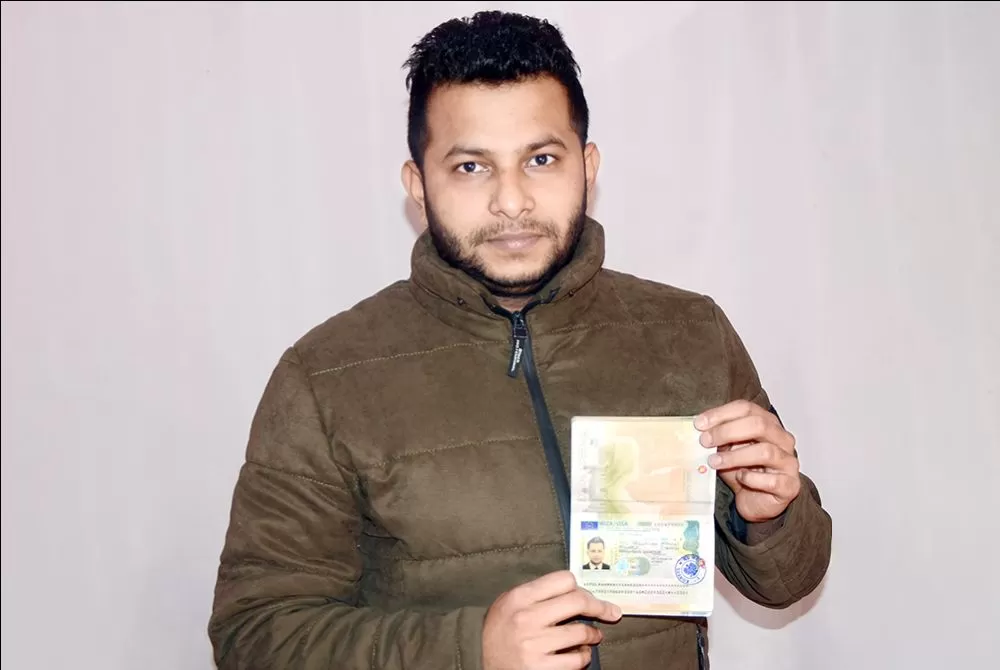
Estonia Opens Doors Wider to Skilled Foreign Professionals
Estonia Eases Entry for Skilled Foreign Workers Amid Growing Labour Shortages
The Estonian government has approved new measures aimed at simplifying the entry process for skilled foreign professionals, especially those needed in sectors facing acute labour shortages. The decision comes as Estonia continues to grapple with a shrinking workforce and demographic challenges impacting its economic growth.
“Certainly, EKRE and its supporters fear that seven million people will come to Estonia, but I urge the public to focus on the real economic needs. The media could help by presenting the OSKA report to the public.”
— Kristen Michal, Prime Minister of Estonia
OSKA Report: Estonia’s Economy Needs Foreign Workers
The OSKA report, referenced by Prime Minister Michal, has revealed that Estonia urgently needs foreign talent to fill workforce gaps, particularly in its industrial and technical sectors. As the country faces an ageing population, labour shortages are expected to worsen over the coming years.
Expected Labour Shortages Over the Next Decade
According to projections:
Estonia will face an annual shortfall of 1,400 top-level specialists
And a shortage of 700 skilled workers every year for the next 10 years
Interior Minister Igor Taro confirmed that nine sectors have been identified as priority areas where the skills gap is most severe. These sectors will receive special focus in the government’s recruitment strategy.
Residence Permits to Rise with Economic Growth
To address these shortages:
The maximum number of residence permits granted for labour shortage areas currently stands at 1,300 per year
This cap can increase to 2,600 permits annually if Estonia's GDP grows by at least 2%
Despite these targets, Estonia fell short of meeting its 2024 immigration quota, with about 300 temporary residence permits left unfilled, signalling a need for more proactive talent outreach.
Security and Screening Still a Top Priority
While Estonia opens its doors to skilled foreign workers, it is also reinforcing strict security protocols. Interior Minister Taro stressed that thorough background checks are non-negotiable.
“No one should come to Estonia whose background, intentions, or job-related skills are not known and clear to us. This is about internal security and social stability. We also bear responsibility to the rest of Europe, as an Estonian visa opens access to the entire EU.”
— Igor Taro, Interior Minister of Estonia
Tougher Rules for Citizenship Applications Also Under Consideration
The Estonian government is also reviewing measures to tighten citizenship eligibility, particularly targeting individuals with criminal records. Similar policies have already been implemented in other EU member states, and Estonia is considering aligning with these practices to safeguard its legal and social order.












